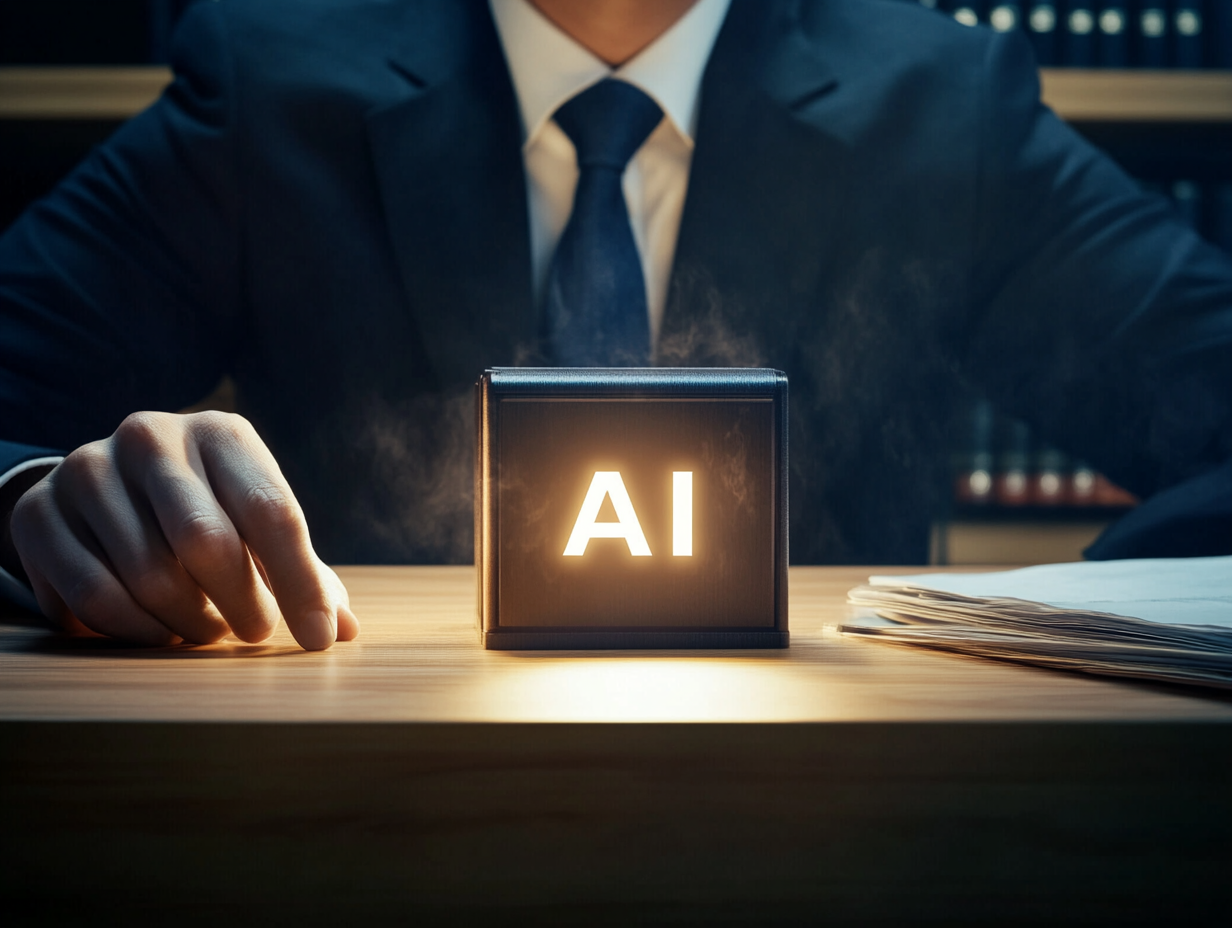
Kanner & Pintaluga Announces Five Partner Elevations for 2025
December 12, 2024
Verdicts & Settlements: Jury Awards $56 Million Verdict to Mechanic and Wife in Hillsborough County Civil Trial
April 7, 2025AI is Inevitable, but Proceed with Caution

Author: David Lipman, Esq., Chief Legal Officer | General Counsel, Kanner & Pintaluga
In November 2023, the Florida Bar’s Committee on Professional Ethics issued its first real comment on the use of artificial intelligence by Florida lawyers. Shortly thereafter, the Florida Bar unanimously approved the Committee’s efforts. The Florida Bar’s advisory ethics opinion was the Bar’s first attempt at providing guidance on this revolutionary technology. The core of the opinion is that each lawyer has their own responsibility to uphold their ethical duties. The advisory opinion highlights several areas of potential concern, which I address below.
Confidentiality and Client Information
First and foremost, as is always the case when representing a client, Florida lawyers must take the necessary steps to protect the confidentiality of their client’s information. In the case of artificial intelligence, the concerns over our client’s confidential information are magnified especially when using “open sourced” artificial intelligence. The Bar suggests that prior to using any artificial intelligence, a lawyer should perform due diligence on the intended program to determine the artificial intelligence’s confidentiality obligations and security measures. Investigate the artificial intelligence’s reputation and limitation of liability, confirm information retention policies and potential proprietary rights, and finally determine if the information will be used to “self-learn”. The Bar cited to Rule 4-1.6, which confirms that a client’s informed consent is not necessary where the information used with artificial intelligence is not confidential. However, the Bar suggests that two other rules, Rule 4.1-1 and Rule 4.4-4(b), lawyer’s competence and the inadvertent disclosure of data not intended for the recipient, respectively should govern the lawyer’s decision-making process.
Ethical Oversight and AI Deployment
Secondly, consistent with a lawyer’s ethical obligations for appropriate non-lawyer tasks, such as tasks typically handled by paralegals or legal assistants, a lawyer must have proper oversight over the use of artificial intelligence. Consistent with Rule 4-5, a lawyer must review and ultimately be responsible for work completed by artificial intelligence and that artificial intelligence if forward-facing to clients (such as the use of a “chatbot”) must identify itself as a non-lawyer with the appropriate disclaimer regarding the legal relationship and legal advice.
Cost Efficiency and Client Impact
Thirdly, the Florida Bar reminds all lawyers that while the use of artificial intelligence may make the lawyer more efficient, it’s important to remember that any impact on the client’s fees and costs must respect the current obligations under Rule 4-1.5. Contingent fee agreements must continue to be explained in writing detailing the client’s responsibilities for costs in their respective cases. Excessive and duplicative fees are prohibited. Lawyers may only charge actual costs for artificial intelligence incurred on behalf of clients, not overhead costs, and that the time spent developing minimal competency in the use of artificial intelligence should not be charged to the client.
Advertising and Legal Compliance
Finally, the Bar cites to Rule 4-7 and addressed a concern about the use of artificial intelligence and lawyer advertising. Similar to the use of chatbots to assist in non-lawyer work, lawyers must maintain responsibility for chatbots used in advertising under Rule 4-7.13. This confirms that the chatbot does not provide misleading information to potential clients. Further, lawyers must be responsible to ensure that chatbots do not unduly invoke an emotional response or offer financial incentives to potential clients just as lawyers are precluded from doing in their traditional advertising.
Navigating AI with Ethical Foresight
While the development of artificial intelligence presents a potential turning point in the practice of law, lawyers and law firms must be cautious in their approach to implement artificial intelligence into their practices. This technology is revolutionary, and certainly, every lawyer and law firm must adapt or risk falling behind. But the ethical concerns presented by the Florida Bar are real and must be taken seriously. Certainly, as the use of artificial intelligence continues to evolve, we should expect the Florida Bar to issue additional guidance on the subject. Our Firm has been at the forefront of using artificial intelligence in our practice and established guidelines for its use well in advance of the Florida Bar’s advisory ethics opinion. We remain committed to using all tools at our disposal to effectively represent our clients and make sure they get what they deserve, but at the same time, we maintain our ethical standards and duties as members of the Bar associations in the jurisdictions where we practice.

